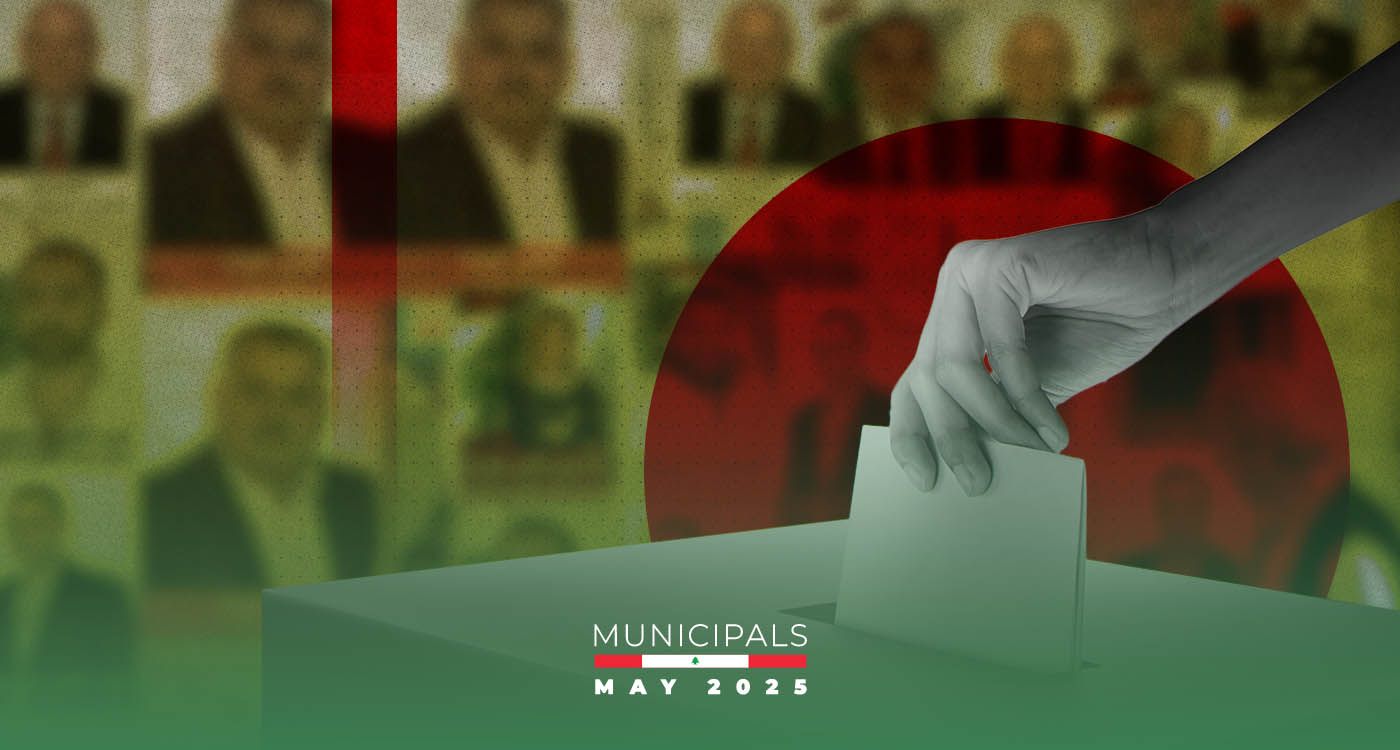
As Lebanon prepares to hold its municipal elections for the first time since 2016, observers are once again focusing on a persistent feature of the country’s political landscape: the grip of families on the local scene. While municipal elections are supposed to reflect the popular will and address citizens’ concrete needs, they are in many cases dominated by deeply rooted clan-based, sectarian and familial dynamics. Lebanese local democracy thus remains trapped between tradition, clientelism and political dynasties.
A Theater of Family Continuity
From the mountains of Shouf to the alleys of Tripoli, through the villages of the Beqaa and certain neighborhoods of Beirut, one reality stands out: Lebanese municipal elections often resemble family successions more than democratic contests. In many localities, candidates are not necessarily chosen for their competence, vision or platform, but because they belong to influential families that have held local power for generations.
In some regions, it is almost unthinkable to imagine an electoral victory without the backing of one or more dominant families. In Zgharta, it's the Frangieh family. In Saida, the Hariris. In Zahle, the Skaffs. And the list goes on. The names rarely change, only the generations rotate.
“Here, it’s always the cousin of the cousin who becomes mayor again,” confides a resident of Jounieh. “Even when he no longer lives here, he comes back just for the elections.”
The Weight of Sectarianism: The Family as a Communal Guarantor
This familial dominance is closely tied to Lebanon’s sectarian system, where each religious community strives to preserve its representation at both local and national levels. In this context, the family is not just a political actor, it is the guarantor of communal balance. It represents the voice of the community, protects its members’ interests, and often acts as an intermediary between the population and state institutions.
This translates into electoral alliances based not on visions for local development, but on fragile sectarian balances. Electoral lists often become familial mosaics, aiming to “balance” religious affiliations, even if it means sacrificing competence for tribal consensus.
Clientelism as the Cement of Loyalty
Influential families do not just monopolize municipal positions, they also control access to resources. In a country where public services are deficient, these families play an almost state-like role. They help find jobs, secure scholarships, facilitate building permits or even illegally connect electricity lines. In return, they expect unwavering loyalty at the ballot box.
“I know they do nothing for the municipality, but if I don’t vote for them, I lose their help for my son who’s looking for work,” admits a mother in a Beqaa village. “We don’t really have a choice.”
Municipal Life Silenced
The result of this stranglehold is dire: municipal inaction becomes the norm. Development projects stall, infrastructure deteriorates and local resource management is often marred by favoritism. Few municipal council presidents are held accountable. Council meetings are sometimes mere formalities, if not theatrical performances between rival branches of the same family.
Paradoxically, in some areas, dominant families personally finance certain projects to bolster their popularity: renovating churches, building sports halls, organizing local festivals. These acts are often seen as personal “favors,” rather than a citizen’s right or an elected official’s duty.
Youth: A Glimmer of Hope?
Today, new initiatives are emerging in Tripoli, Saida, Baalbek and more rural areas. Independent candidates, often young and educated are betting on transparency, citizen participation and effective resource management.
But the task is enormous: resources are limited, social obstacles are many and traditional families do not give up power without a fight.
Toward a New Political Culture?
Changing the dynamics of municipal elections in Lebanon requires more than new faces. It calls for a revamp of the local electoral system, real decentralization of power and, above all, a cultural transformation. As long as access to basic rights depends on family networks, local democracy will never fully flourish.
Still, cracks are beginning to appear in the electoral wall. An informed youth and a population increasingly exasperated by poor local governance may, over time, change the rules of the game.
Today, Lebanese municipal politics remains a family affair. But perhaps tomorrow, it will finally become everyone’s business.




Comments